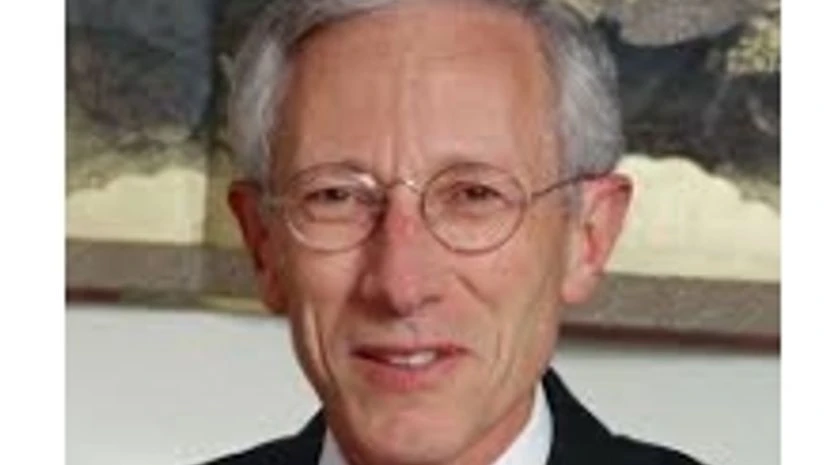The Federal Reserve's vice chairman, Stanley Fischer, said on Saturday that he saw "good reason" to expect that inflation would rebound to a healthier pace as the American economy continued to grow.
The remarks, delivered at an annual conference hosted by the Federal Reserve Bank of Kansas City, reinforced other recent indications that the Fed remained on course to raise interest rates this year. Fischer said on Friday that the Fed's policy-making committee would consider acting when it meets in September, adding that economic conditions in the United States were approaching the standards the Fed has said would be necessary for it to raise rates.
His remarks on Saturday were highly anticipated after days of turmoil in financial markets that raised questions about whether the Fed's plans had changed. Fischer, an important adviser to the Fed's chairwoman, Janet L Yellen, was also stepping into a void created by Yellen's decision not to attend this year's Jackson Hole meeting.
The Fed said after its meeting in July that it wanted to see "some further improvement in the labour market" before raising rates. The next week, the Labour Department announced that the economy had added an estimated 215,000 jobs in July. "We now await the results of the August employment survey," Fischer said on Saturday, "which are due to be published on Septembre 4."
As for inflation, the Fed has said repeatedly that it will act based not on observed inflation but instead on its expectations for future inflation. The Fed exerts gradual influence on economic conditions, so officials must set interest rates on the basis of their expectations about developments.
The Fed's preferred measure of inflation shows that prices rose 0.3 per cent during the 12 months ending in July, well below the 2 per cent annual pace the Fed considers healthy. A narrower measure excluding food and oil prices, which the Fed regards as more predictive, increased 1.2 per cent over that same period.
Inflation by both measures has stayed below 2 per cent for more than three years.
Some outside economists - and a few Fed officials - argue that the central bank should not raise interest rates until inflation returns to an annual pace of 2 per cent, the Fed's declared target. Lower inflation limits the Fed's ability to respond to economic downturns. It also can slow growth by making debts harder to repay and by impeding adjustments in wages and prices.
These economists also see low inflation as evidence that the economy continues to operate below capacity, suggesting that the Fed can safely continue its stimulus campaign - and perhaps should be doing even more.
Fischer said on Saturday that the impact of economic slack might be overstated, noting that conditions had undoubtedly improved but inflation had not rebounded.
He pointed to evidence that the strength of the dollar was a major culprit. As the American economy grows and the rest of the world struggles, the dollar has gained value in comparison with foreign currencies. Americans are buying more cheap imports, holding down the cost of living, while American companies are struggling to sell exports, putting a damper on economic growth.
These headwinds, Fischer said, were beginning to subside.
"Given the apparent stability of inflation expectations, there is good reason to believe that inflation will move higher as the forces holding down inflation dissipate further," he said. "While some effects of the rise in the dollar may be spread over time, some of the effects on inflation are likely already starting to fade."
Even so, Fischer declined to deliver an explicit verdict on September.
"I will not, and indeed cannot, tell you what decision the Fed will reach Septembre 17," he said, referring to the date of the Fed's next policy meeting.
Fischer and other officials have said the Fed might delay an increase because of the turmoil in financial markets even if domestic economic conditions are ripe.
Officials say they are not inclined to act in the face of volatility, in part because they see little practical difference between moving in September and waiting a little longer. The Fed is also scheduled to meet in October and December.
© 2015 The New York Times News Service

)
